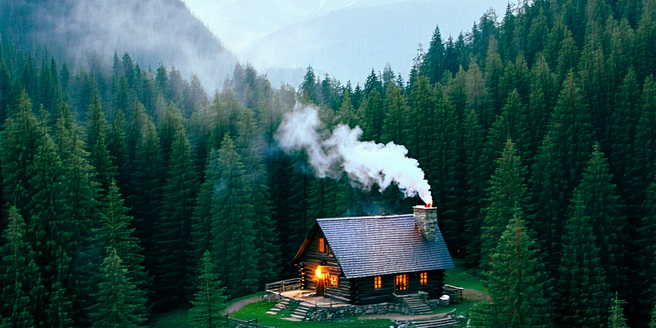Free Vacation Home Buying Tips

Understanding the True Costs of Vacation Homes
Owning a vacation home entails more than just the purchase price. Buyers should consider maintenance costs, property taxes, insurance, and utilities. The expenses can accumulate quickly, impacting your budget. Additionally, seasonal fluctuations could affect utility bills and maintenance needs, as harsh weather might necessitate repairs or upgrades. Also, account for potential homeowners association fees and consider travel expenses to your getaway. It’s crucial to factor in these costs early in the buying process. Consulting financial advisors and researching local property taxes can prevent unexpected surprises, ensuring a financially sound decision. An understanding of these aspects helps gauge the true financial commitment involved in owning a vacation home.
Choosing the Perfect Location for Your Getaway
The right location for your vacation home is vital. Start by considering your lifestyle preferences, such as proximity to beaches, mountains, or urban areas. Accessibility is another key factor; ensure the location is reachable by major transport routes. The local climate can greatly influence your decision, as climates affect the types of activities available year-round. Additionally, consider community amenities such as shopping, dining, and entertainment options. Research the area’s development plans, as these can impact property value over time. Ultimately, a location that aligns with your preferences and long-term goals will foster a fulfilling getaway experience.
Financing Options: What You Need to Know
Understanding financing options is crucial when purchasing a vacation home. Evaluate various mortgage types, such as fixed-rate, adjustable-rate, or interest-only loans. Compare lenders to secure favorable terms and interest rates. Consider your credit score’s impact on loan eligibility and the possibility of higher down payments for second homes. Explore alternative financing options like home equity loans or lines of credit, which might offer flexibility. Consulting a financial advisor can provide clarity on intricate details, ensuring a sustainable financial decision. Being well-informed on financing options aids in choosing a viable path aligned with your financial goals.
Legal Considerations and Zoning Laws
Before purchasing a vacation home, familiarize yourself with legal considerations and zoning laws. These regulations dictate how a property can be used, affecting aspects like rental restrictions and property modifications. Research specific zoning requirements and restrictions in the prospective area. Additionally, understanding the tax implications of owning a second property is crucial for avoiding unexpected financial burdens. Be aware of any local ordinances that could impact your planned usage, such as short-term rental regulations. Consulting with real estate professionals or legal advisors helps to navigate these complexities, ensuring compliance and avoiding potential legal issues. Knowing these considerations beforehand protects your investment and maintains the intended use of your vacation home.
Maximizing Rental Potential for Extra Income
Turning your vacation home into a rental property can provide supplementary income. To maximize rental potential, first assess the local rental market to set competitive rates. Ensure the property meets guest expectations by offering amenities like Wi-Fi, modern appliances, and comfortable furnishings. Enhanced curb appeal and maintaining exceptional cleanliness attract higher occupancy rates. Marketing your home on platforms like Airbnb or VRBO, while utilizing engaging photo listings, amplifies visibility. Consider collaborating with a property management company to handle logistics, allowing you to focus on crafting a welcoming experience for renters that will drive repeat business.
Essential Features for a Comfortable Stay
When designing a vacation home, consider essential features that enhance comfort. Prioritize a functional layout with ample sleeping arrangements and flexible spaces for diverse activities. Incorporate modern conveniences like high-speed internet and smart home technology. The kitchen should be well-equipped to encourage homemade meals, fostering a home-like atmosphere. Comfortable seating, cozy bedding, and climate control enhance relaxation. Outdoor spaces with seating or dining areas expand living space and offer opportunities to enjoy the natural surroundings. Integrating thoughtful amenities ensures a delightful experience for you and potential guests, elevating the quality of your vacation home.